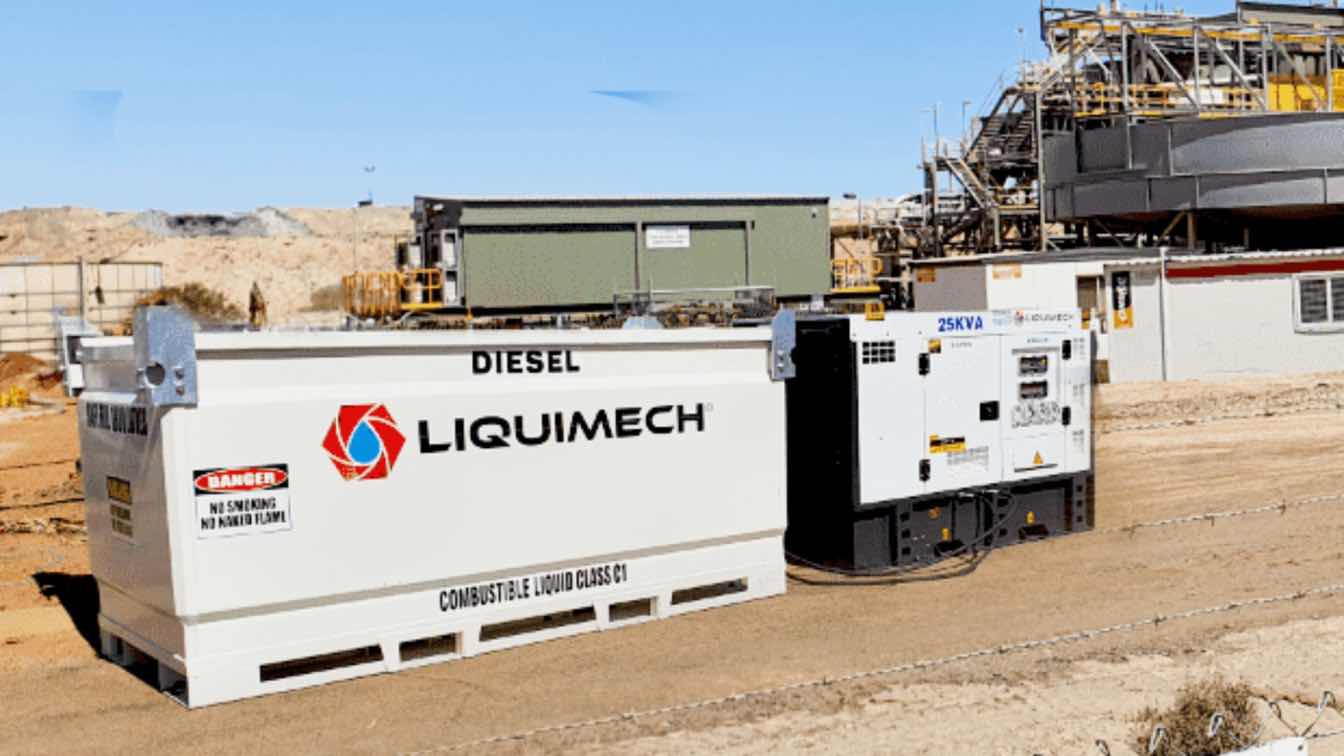Fuel is a vital resource during any construction project. However, if your site isn’t anywhere near a refuelling station, then it can be a loss of time and resources to have your vehicles constantly leaving the site just to refuel. In such cases, your site can benefit from having self-bunded fuel tanks in its premises.
A self-bunded fuel tank is essentially a tank within a tank that allows you to safely store large amounts of fuel. This allows you to quickly refuel your vehicles or machinery at any time. It is composed of an inner tank that holds the stored fuel and an outer tank (called a bund) that keeps the contents even more secure. With this in mind, here are just a few benefits that a self-bunded fuel tank can provide to your construction project:
1. Easy Refuelling
The foremost benefit of an on-site fuel tank is having the means to easily refuel your vehicles, equipment, and power generators. This way, you don’t have to worry about the logistics of navigating vehicles to the nearest fuel station or hauling fuel canisters to fill up machinery. This is especially important for construction projects in remote locations where there might not even be a fuel station nearby.
2. Safe Transport and Setup
When it comes to fuel transportation, safety is of the utmost importance. Fuel is an important—not to mention expensive—resource, so any waste caused by spillage can cost your company. With self-bunded fuel tanks, you can safely transport fuel to your site and store it without worry of spillage. This leak-proof guarantee is thanks to double-walled construction. In addition to the inner tank which stores the fuel itself, the outer tank catches any possible spillage so that no liquid can seep out.
Setting up a fuel tank in your construction site can also be done quickly and safely. The key is to find a trustworthy liquid management solutions provider to install your new fuel tank in compliance with governing laws or standards and have it operational within hours of delivery. Ideally, the self-bunded tank should be mounted on a skid frame for safer transportation within the site, depending on where the fuel will be needed.
3. Improved Compliance
Apart from wasted fuel, another reason why any fuel spillage can be disastrous is because of the health and environment risks that it poses. Spilled fuel can contaminate the ground and water supply, which would then put your project at risk of violating regulations regarding fuel storage. Self-bunded tanks help you improve compliance to such regulations, particularly the Australian Standards AS1940 and AS1692.
With a self-bunded fuel tank, you can rest assured that your work site and personnel are safe from the hazards of fuel spillage. At the same time, you also ensure that your project dutifully complies to government standards and regulations.
4. Prevents Theft
Construction sites can be vulnerable to fuel theft, especially for larger project locations where it can be difficult to constantly monitor fuel supplies. In this regard, self-bunded fuel tanks can be a deterrent to fuel theft as the tanks have several security features such as locks and hatches that prevent unauthorised individuals from gaining easy access to its contents.
5. Cost Efficient and Seamless Workflow
Opting for self-bunded fuel tanks can also bring in more savings for your project. For one, it allows you to stock up on fuel during times when the prices are low. Additionally, as previously mentioned, self-bunded fuel tanks help prevent spillage; this adds to your savings—not just from spillage prevention, but also the costs of cleaning up those spills.
Having fuel tanks in your premises also promotes seamless workflow. Because vehicles that need refuelling wouldn’t have to leave the site, they are able to quickly resume work. Machinery and equipment that need fuel can also be attended to right away to minimise any downtime in your operations.
6. Scalable Depending on Your Project Needs
Different construction sites have different fuel needs. Fortunately, self-bunded fuel tanks often come in different sizes to accommodate your project’s fuel requirements. For instance, liquid management solutions provider Liquimech offers self-bunded fuel tanks with capacities ranging from 420 litres to 65,500 litres. Whether your construction site requires a compact tank for several utility vehicles or a larger one to attend to a whole fleet, you can easily find a tank size that caters to your specific needs.
Having a self-bunded fuel tank for your construction project helps improve workflow, save project costs, and improve compliance to government regulations and standards. If you’re in need of fuel tanks for your project, make sure to look for products constructed with top-quality steel and are pressure and hydrostatically tested to ensure leak-proof performance, safety, and longevity. Maximise vehicle and machinery efficiency in your construction site by having your very own on-site fuel tank today.





